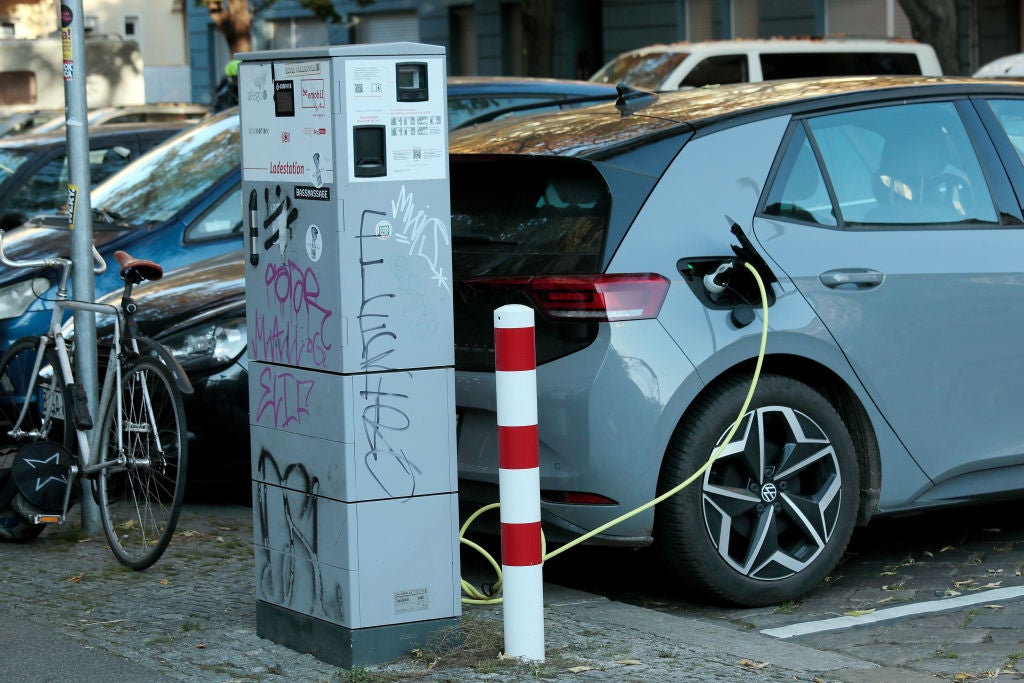Transport remains one of the great challenges of the energy transition. The jury is largely still out on how aviation and shipping will chart a rapid transition to net-zero emissions without significant behavioural change. Since 1990, transport emissions in the EU have grown by 33% even as other sectors have seen emissions fall by 32% overall.

One thing nearly everyone agrees on, though, is that electrification will be a key pillar of transport’s transition. This is especially true for road transport, with automobile manufacturers now rapidly pivoting towards electric vehicles (EVs). The US’s biggest car manufacturers by volume, General Motors and Ford, are undertaking $27bn and $22bn EV investment programmes, respectively, as they attempt to regain ground lost to EV pioneer Tesla, which is now valued at $1trn.
The transition to EVs is the subject of Energy Monitor’s third end-of-year forecast. The International Energy Agency’s net-zero pathway says more than 60% of passenger car sales globally must be EVs by 2030 for the world to be on track for net zero by 2050. By 2050, the world’s car fleet must be almost entirely electrified. The chart below compares this trajectory with how analysts at GlobalData estimate the market will change over the next decade, based on government policies and plans from automobile manufacturers.
GlobalData estimates that EV sales are set to soar from 4.3% of the market in 2020 to 11.6% in 2025, and to 26% in 2031. This represents a massive shift, given that as recently as 2011, EVs were only 0.1% of the market. GlobalData also anticipates the number of cars being produced to continue increasing this decade. Having fallen from a high of 87 million vehicles in 2017 to 69 million in 2020, the current forecast is for there to be 88 million cars produced in 2026.
However, even with EV production growth significantly outpacing overall production growth, GlobalData’s EV forecast remains well off the revolution that would be required to be on track for net zero by 2050.
See also Energy Monitor's end-of-year forecasts for solar and wind and fossil fuels



